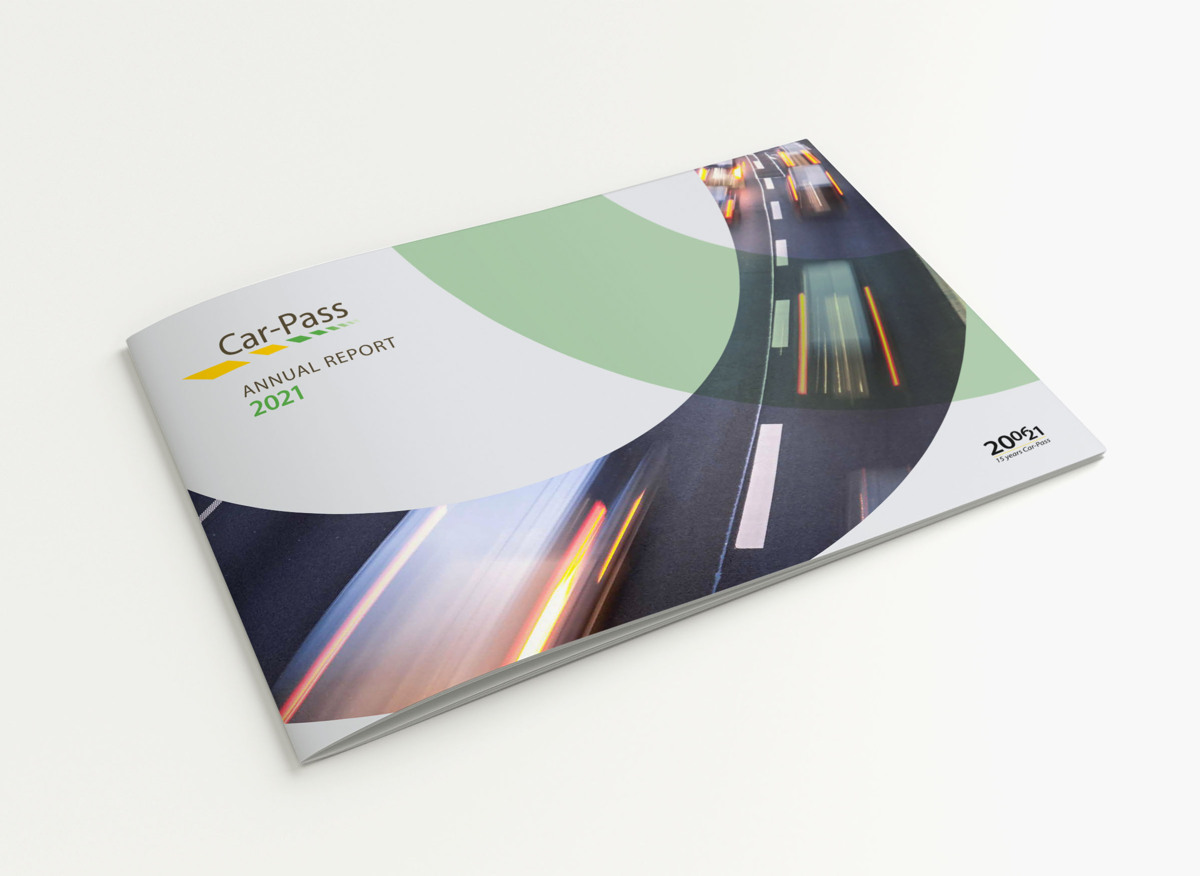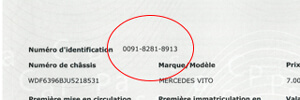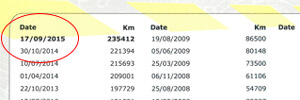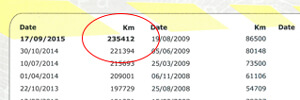1578 cases of odometer fraud were uncovered in 2021

1578 cases of odometer fraud were uncovered in 2021.
On the publication of its annual report, the non-profit organisation Car-Pass provides an overview of odometer fraud in the sale of used vehicles. In 2021, 1578 cases of odometer fraud were uncovered in this way. 906 were domestic sales (0.13% of the total) and in 672 (1.2%) cases, the vehicle had been tampered with when imported into our country. On average, the odometer reading of Belgian vehicles decreased by almost 52,000 kilometres. With other foreign vehicles it went up to 75,000 km. The table shows the ten biggest fraud cases in which the odometer was shamelessly rolled back more than 300,000 km. Mercedes is ‘popular’ among fraudsters, but it is a Renault Kangoo (from 2012) that tops this sad ranking with almost half a million km.
Market share of imports continues to grow.
The decline in new vehicle registrations has caused a shortage in the second-hand market, so that the share of imported vehicles has risen to 14% by 2021. Given the growing market share of imported cars, it is very important that Car-Pass has access to the foreign vehicle’s history of the car manufacturers, as otherwise the door to fraud would be left wide open. Two years after the introduction of the legal obligation, the communication of this data is up and running for most brands. For 48.5% of imported vehicles, foreign odometer readings were indicated on the Car-Pass.
Manufacturers are hesitating to share data of their connected vehicles
Since 1 January 2020, manufacturers are obliged to report the odometer reading of their connected vehicles registered in Belgium to Car-Pass four times a year. This should ensure a regular and frequent inflow of data, which will make odometer tampering even more difficult.
Michel Peelman, managing director of Car-Pass non-profit, is critical about this: “Unfortunately, we must conclude that many brands do not yet provide access to the odometer readings of their connected vehicles. The talks are difficult, and despite the legal basis, some manufacturers hide behind the GDPR or other legal and financial arguments not to provide the data. Two years after the deadline has passed, I launch an urgent appeal to the manufacturers in question to comply with the legislation.”
|
Recent news
The Car-Pass law is 20 years old
Exactly 20 years ago, on 11 June 2004, the Chamber passed the ‘Act to curb cheating with vehicle odometer readings". Time for a retrospective and for an appeal to our new elected members of the European Parliament.
...
Car-Pass Annual Report 2023
For Car-Pass, 2023 was an excellent year; the number of Car-Pass documents requested increased by 7% and we processed 19.38 million mileage records, which is an absolute record, thanks in part to the influx of data from connected vehicles. Our figures also confirm that we are all driving our cars more again (+15.4% over two years). Unfortunately, a number of blatant fraud cases also came to light again last year.
...
Exchange of odometer readings between EU member states urgently needed.
More than 60 million used cars are sold every year in the EU and every year European consumers pay billions of euros too much because of odometerl fraud. The Belgium presidency is putting this issue back on the European agenda.
...
Car-Pass annual report 2022
The annual report of the non-profit association Car-Pass shows that 2022 was marked by a decrease in the number of requested Car-Pass documents but also in the number of cases of counter fraud, especially in imported used cars. Also positive was the increase in the influx of odometer readings, especially those of connected vehicles. This is despite the fact that some importers do not comply with their legal obligations in this respect.
...




